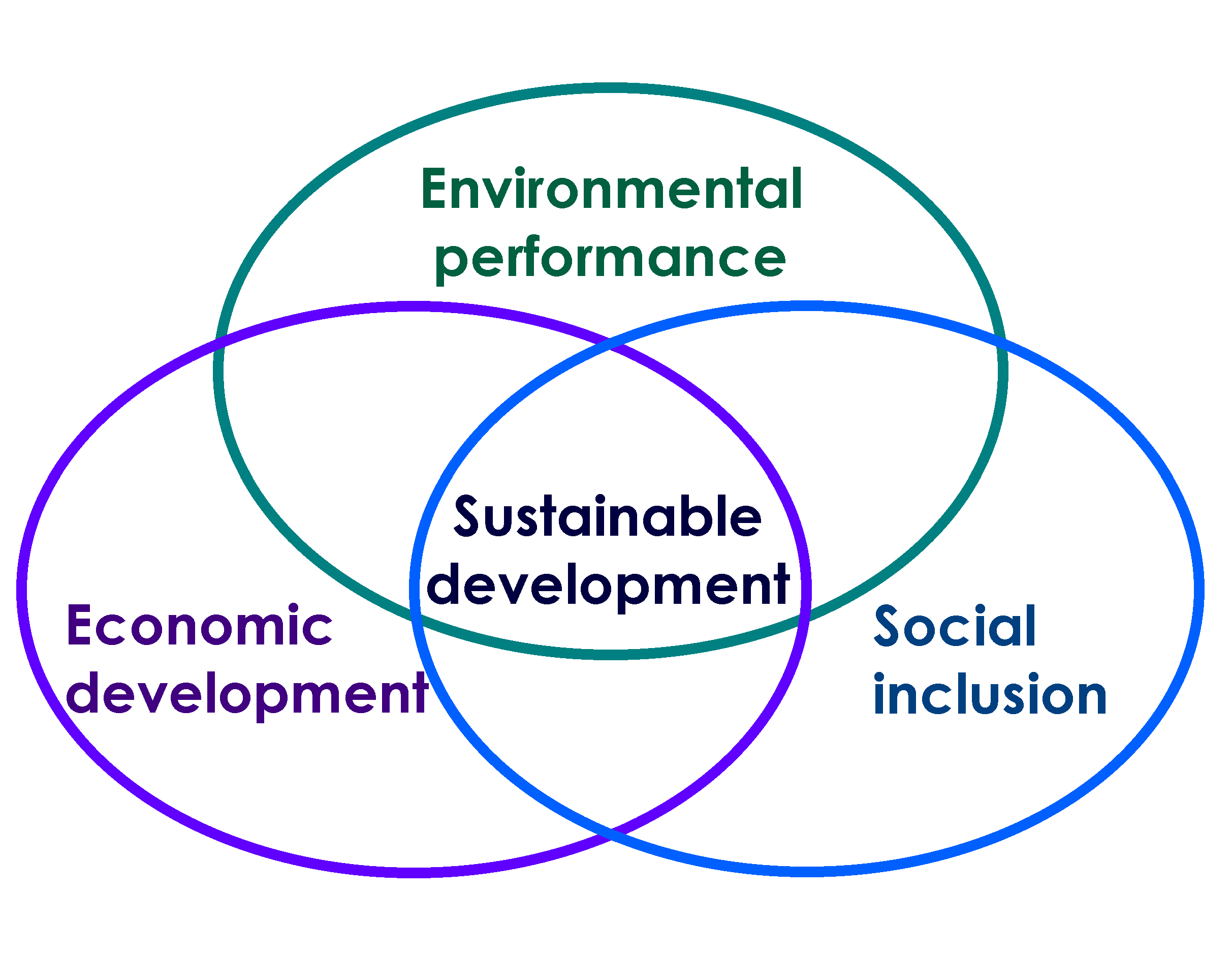
http://www.time.com/time/specials/packages/article/0,28804,1884779_1884782_1884776,00.html
What is Ecological Intelligence?
Ecological Intelligence is basically trying to figure out whether something is as good for the environment as is portrayed in commercials and companies. Trying to see how helpful it actually is. As revealed in the article not everything is as 'green' as it may look. The transportation for everything that is needed to make it, or the chemicals for the dye are harmful for the water and other aspects of the environment. It means to try out best to meet our needs with out harming the planet.
How does this article relate to the essential questions of the project?
Well the first essential question is "Why don't people live more sustainably?" and this really relates to the article. People don't live more sustainably in my opinion because they don't know they aren't living as sustainably as they may think they are. The resources used to make these 'green' products use many more hurtful resources than those green products will ever be able to cancel out. Also because some people might not know what to do in order to help or how to access organizations or people that could help.
The second question is "How can we convince them to do so?" and in the article it gives a pretty good idea on how to do so. The article stated that people re-act to problems when they see what is happening and it's effects on a certain object/place etc. So if we some how got people to see what they are doing to the rest of the planet maybe they could see what their impact is and what these green products are actually doing.
How high is your ecological intelligence? Give an example of ecological intelligence in your life?
My ecological intelligence is not that high. Many of the things that are bought for me are not really very green and fail to even fall under the category. However there are a few things at home that are at least to some extent helping with living sustainably. We grow a small portion (very small) of food our selves and although it might not be much its a small step towards something greater.


